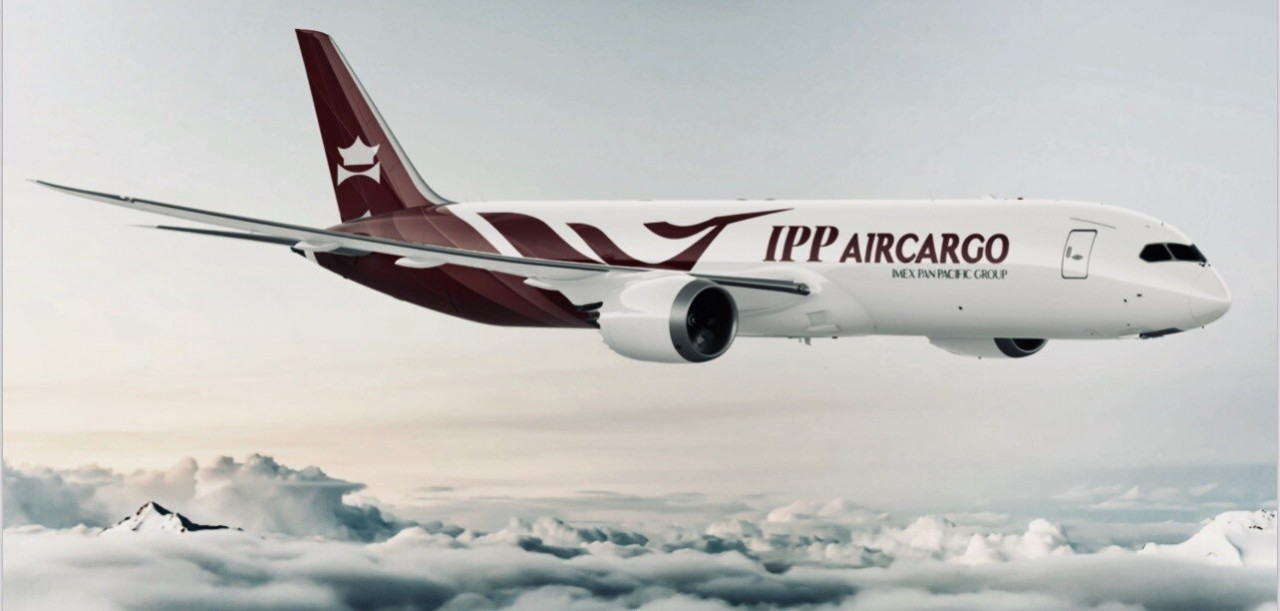IPP Air Cargo Meets The Assessment Standards of The Vietnam Civil Aviation Authority
03 - 03 - 2022
The Civil Aviation Authority of Vietnam has assessed that IPP Air Cargo's application for an air transport business license complies with regulations.
The Civil Aviation Authority of Vietnam has delivered a report to the Ministry of Transport on the results of the evaluation of Mr. Johnathan Hanh Nguyen's application for an air transport business license for IPP Air Cargo Joint Stock Company.
The Civil Aviation Authority of Vietnam specifically said that IPP Air Cargo's application for an air transport business license is complete and in accordance with the Government's laws.
Furthermore, the operational projects, the plan to increase capital to compensate for the shortfall in the first three years of operation due to negative profit, the record proving that IPP Air Cargo has 100 percent Vietnamese capital, the principle contract, and the aircraft charter agreement… are all included in IPP Air Cargo's dossier.
The Civil Aviation Authority of Vietnam has proposed to the Ministry of Transport to review the results of the application and submit it to the Prime Minister for consideration and issuing a license to IPP Air Cargo, which specializes in air freight.
In early June 2021, Mr. Johnathan Hanh Nguyen, Chairman of IPP Air Cargo Joint Stock Company, formally requested that the Ministry of Planning and Investment and a number of related ministries and sectors consider approving the establishment of IPP Air Cargo.
The IPP Air Cargo aviation project has a total investment of 2,400 billion VND, about 100 million USD, of which 30% is equity capital, the remaining 70% is mobilized money.
In the first year of operation, IPP Air Cargo will fly five cargo aircraft, as anticipated. By the second year, the number of cargo planes will have increased to seven, and by the third year, there will be ten. The B737/B777/A330, as well as comparable aircraft, will be placed into service.
IPP Air Cargo anticipates transporting around 115,000 tons of cargo in the first year, with a revenue of $71 million, and turning a profit in the fourth year since operating the first flight.
Other news
24 - 10 - 2025 | Groups news
Johnathan Hanh Nguyen’s corporation has been recognized with two prestigious international awards19 - 08 - 2025 | Groups news
Johnathan Hanh Nguyen’s corporation has been recognized with two prestigious international awards29 - 07 - 2025 | Groups news
The CEO of IPPG signs a strategic partnership agreement with UN Women Vietnam.







